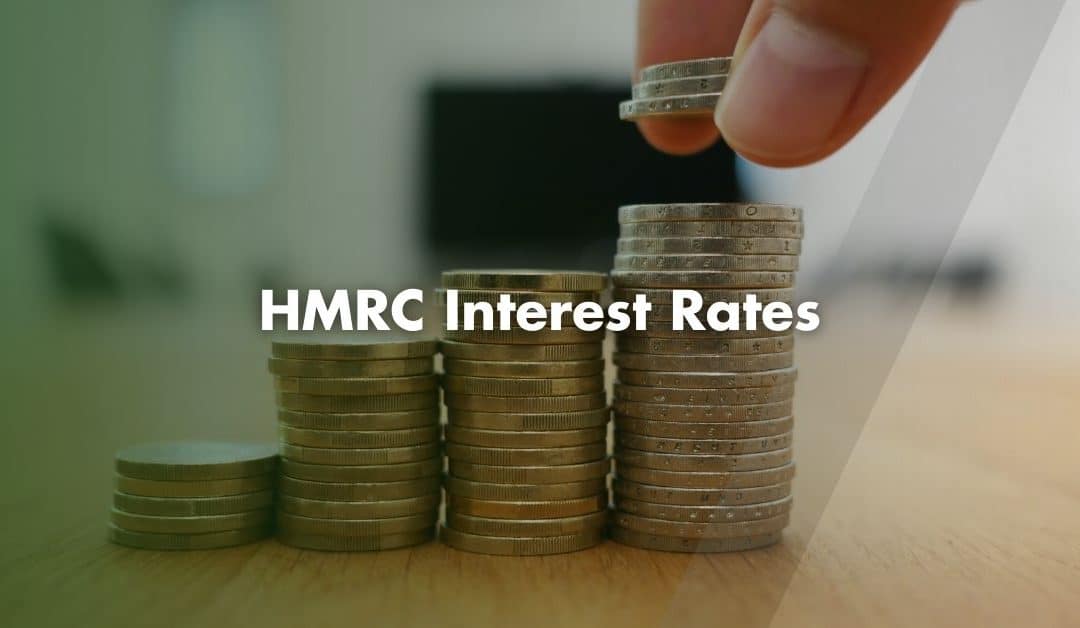HMRC Interest Rates are a major consideration for business owners. These rates, now firmly tied to the Bank of England Base Rate, bring sharper consequences for late payments and a clearer reward system for overpayments.
How HMRC Sets Interest Rates
Legislation governs HMRC Interest Rates and they follow the Bank of England Base Rate, which currently sits at 4.25%. As the base rate changes, so do HMRC’s rates for late payments and repayments. Two rates apply:
Late Payment Interest is the base rate plus 4%
- 4.25% + 4% = 8.25%
- Effective from 28th May 2025
Repayment Interest is the base rate minus 1%, with a minimum rate of 0.5% (known as the “Minimum Floor”)
- 4.25% – 1% = 3.25%
- Effective from 28th May 2025
The Minimum Floor is the lowest rate that HMRC will pay in interest when they owe you money, even if the Bank of England Base Rate falls very low. If the base rate drops below 1.5%, repayment interest caps at 0.5%, so you still earn some interest.
Penalties are Now More Severe
The Spring Statement 2025 introduced increased penalties for late payment of VAT and Income Tax, effective from 5th April 2025. Missing your tax deadline can now trigger escalating charges:
- After 30 days – 5% of the unpaid tax
- After 6 months – an additional 5%
- After 12 months – a further 5%
HMRC has also resumed its direct recovery powers. If you ignore their correspondence and have the means to pay, HMRC may recover the tax directly from your bank accounts.
Official Rate Increase
As of 6th April 2025, HMRC’s official rate of interest rose from 2.25% to 3.75%. They use this rate for calculating Benefits In Kind, such as company-provided accommodation and overdrawn director loan accounts. Unlike previous years, HMRC now reviews this rate quarterly. This change increases the likelihood of further rises during the 2025/26 tax year.
Why Interest Rates Differ
The difference between the interest rates HMRC charges for late payments and what it pays on overpayments may seem unfair. However, it mirrors standard financial practice and aligns with international norms. Just as borrowing rates typically exceed savings rates, HMRC’s model serves the same purpose: to encourage prompt payment and ensure fairness.
Contact Us
We are not just accountants; we are Chartered Accountants with one of the most reputable and premium accounting bodies. We are registered and regulated by ACCA; so you can rest assured that you are in good hands. Knowing this, don’t hesitate to get in touch with us if you require assistance: Pi Accountancy | Contact Us
This article is for general informational purposes only and does not constitute legal or financial advice. While we aim to keep our content up to date and accurate, UK tax laws and regulations are subject to change. Please speak to an accountant or tax professional for advice tailored to your individual circumstances. Pi Accountancy accepts no responsibility for any issues arising from reliance on the information provided.

